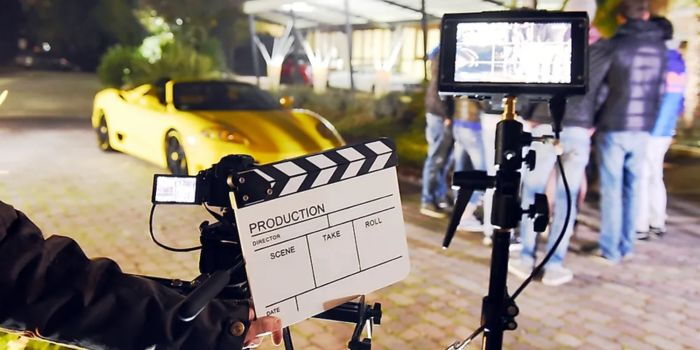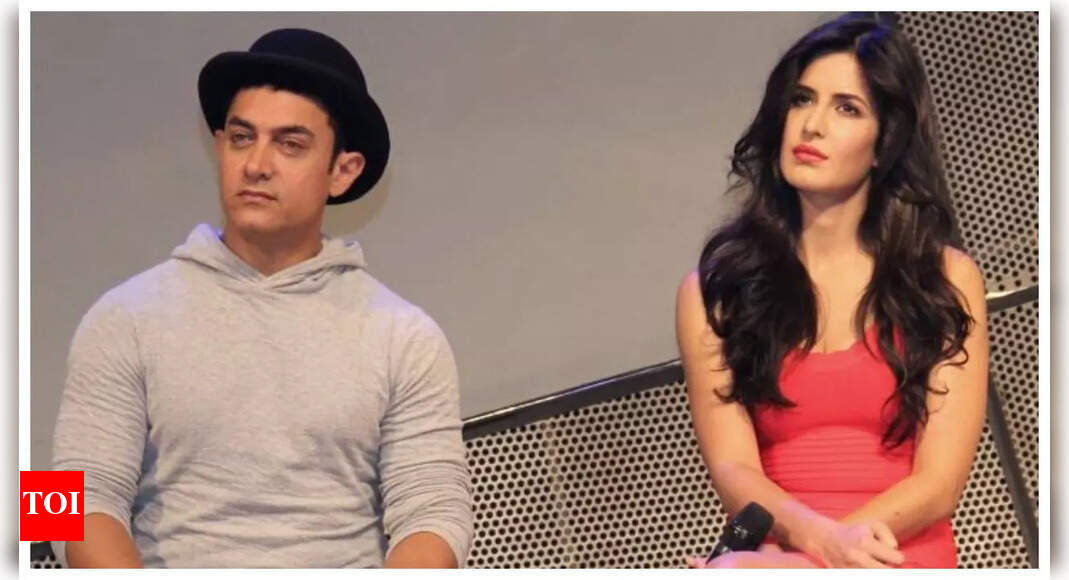Special Education To $600M Exit: How RXBAR's Dyslexic Founder Outsmarted The Protein Industry
In school, Peter Rahal was given the message he wasn't trying hard enough.
David ProteinIn 2013, while food corporations were pouring millions into marketing campaigns, Peter Rahal was in his parents’ basement with just $10,000, three ingredients, and an insight that would disrupt a billion-dollar industry. Just four years later, he sold RXBAR to Kellogg’s for $600 million. What few knew was that Rahal had spent his early school years in special education classes, struggling with a system that—back in the ‘90s—wasn’t prepared to support and understand dyslexic children. “It was sort of like, He’s not putting in effort,” Rahal shared of his teachers during our conversation on The Failure Factor podcast.
“I was in a class with like, actually disabled people. And so I was labeled ‘disabled.’ The whole system was not designed for my brain or my sort of neuro[divergence]," That misinterpretation had deep emotional consequences for Rahal, but instead of leaning into the limiting label, he lit a fire: “F the system. I’ll show the system’s wrong”.
And prove the system wrong he did. His heroic journey from educational outcast to entrepreneurial icon left Rahal among a category of notable dyslexic entrepreneurs such as Richard Branson, Steve Jobs, and Shark Tank’s Barbara Corcoran (all of whom have publicly discussed their dyslexia). This isn't coincidental—up to 35% of entrepreneurs identify as dyslexic, compared to just 10% of the general population.
That early educational experience formed the bedrock of what would later become Rahal’s entrepreneurial edge. Instead of trying to conform to a system that marginalized him, he developed a deep skepticism of established norms.
"I think some of my contrarian nature is rooted in that I just question and am skeptical of things. That was the way to protect myself," he explained.
This psychological adaptation echoes why many dyslexics gravitate toward entrepreneurship. Dyslexic individuals often struggle in traditional employment environments, where they may face discrimination or restrictive structures. Starting their own businesses allows them to create environments tailored to their strengths, control their work processes, and bypass gatekeepers who might underestimate their abilities.
Rahal's new venture 'David' is–yet again–disrupting the protein bar industry.
David ProteinThe RXBAR origin story illustrates how Rahal’s heightened pattern recognition capabilities—a strength often associated with dyslexia—enabled him to identify an overlooked market opportunity:
"I remember a very specific moment. I’d go to my CrossFit gym, and there was a box of Clif Bars. Some sales rep had dropped them off, and it just sat there. Like it was almost like it was poison," he recalled. “Everyone had this aversion towards it, and no one touched it.”
The standard protein bars of the time were antithetical to paleo principles—packed with processed ingredients, artificial sweeteners, soy proteins, and chemical preservatives. Rahal recognized that this growing community had nutritional needs that weren’t being met by mainstream options. This wasn’t just a niche observation—at the time, CrossFit was growing rapidly, creating an exponentially expanding market of nutrition-conscious consumers that traditional protein bar makers were completely overlooking.
With just $10,000 split between himself and childhood friend Jared Smith, they began crafting paleo-friendly protein bars in Rahal’s parents’ basement. Rather than following the conventional playbook of seeking venture capital and spending heavily on marketing, they bootstrapped their way to success by doubling down on product quality over promotion.
When I asked him when they ultimately decided to put money toward marketing, Rahal response shocked me: “We never did," he said, maintaining the company did not allocate significant marketing budget until after its acquisition. In a world where mediocre products are launched with multi-million-dollar campaigns, Rahal’s approach conveys the most basic—yet often forgotten—entrepreneurial principles: Make something people need, make it well, and put it in a place they can find it. Success will follow.
RX Bar Current Packaging
RX BarPerhaps Rahal’s most recognizable strategic move came through RXBAR’s minimalist packaging redesign. Whereas competitors relied on flashy packaging and brand positioning, RXBAR stripped everything away to list their clean ingredients on the front in bold type, followed by “No B.S.”
Rahal’s transparency-focused strategy wasn’t entirely without precedent. Companies like Patagonia had pioneered radical transparency in the apparel industry while Tony’s Chocolonely built their chocolate brand around exposing and addressing slave labor in cocoa production.
But RXBAR’s execution in the protein bar space represented something revolutionary in packaged food. While other brands spent millions trying to convince consumers their products were healthy, RXBAR simply showed them the truth. This strategy proved devastatingly effective to competitors, with the company growing from $2 million in sales in 2014 to $160 million in 2017 and capturing 14% of all online health bar sales, making it the second-largest brand in the category only to Quest Nutrition.
Rahal’s pursuit of perfection became legendary in the protein bar industry. He insisted on exhaustive testing and refinement until every detail met his exacting standards.
This uncompromising commitment extended to every aspect of the business. Early in RXBAR’s history, Rahal famously fired his own mother when she couldn’t align label stickers properly on the packaging. "Bless her heart, she’s an amazing woman, but our customers don’t want to buy a product with a label that’s not centered," he told CNBC Make It in a 2018 interview. This seemingly harsh decision represented his refusal to compromise on quality, even when it was uncomfortable.
"I don’t really celebrate," he admitted when I asked about acknowledging successes. "I just keep charging forward."
But was this perfectionism purely productive, or did it serve another purpose? When I gently probed whether there might be something protective in his inability to celebrate, he acknowledged: “When things are going well, I get paranoid, you know…Celebrating doesn’t do anything to move you forward.”
Sound familiar? It’s a common pattern among high-achievers who’ve been made to feel "Not good enough" early in life: success never feels secure enough to relax into. And for someone driven by proving doubters wrong, a $600 million exit wasn’t an ending—it was validation to go bigger.
It's named 'David' after Michelangelo's Masterpiece
David ProteinThus, after selling RXBAR to Kellogg’s for $600 million, Rahal didn’t cash out and retire. Today, with David Protein, he’s taking on the entire category again—this time with a scientific approach designed to create the most efficient protein bar possible.
"The market’s at twenty grams of protein. We’re at twenty-eight. The market’s at 200 calories. We’re at 150 calories. Those are meaningful differentiations," he explained with characteristic directness.
This approach illustrates Rahal’s consistent strategy: identify the key metrics consumers care about, then objectively outperform on those metrics without the marketing fluff.
"I think my work ethic is more from just trying to prove that I’m not disabled, really," Rahal explains with rare and refreshing candor. This determination to show what he was capable of—despite being labeled and underestimated—became the engine behind his success.
The boy once relegated to special education demonstrated that his different way of seeing patterns and questioning established systems was precisely what allowed him to revolutionize an industry that desperately needed fresh thinking.
Sometimes the very traits that initially make success seem unlikely become the precursors to the advantages that make it inevitable.
That’s worth celebrating, even if he won’t.
Megan Bruneau, M.A. Psych is a therapist, executive coach, and the founder of Off The Field Executive & Personal Coaching. She hosts The Failure Factor podcast featuring conversations with entrepreneurs about the setbacks that led to their success. Listen to her episode with The RXBAR cofounder Peter Rahal on Apple and Spotify.










